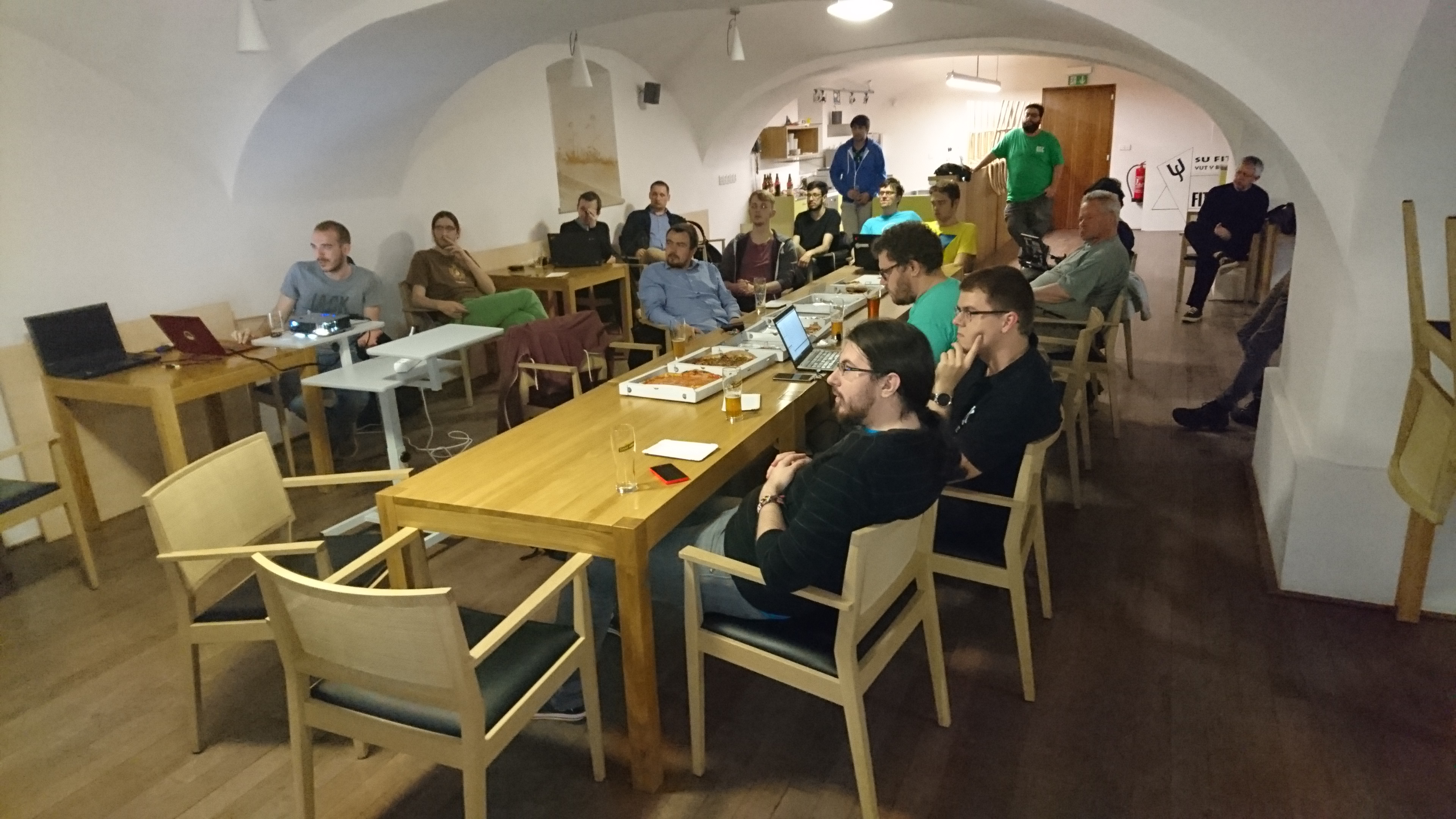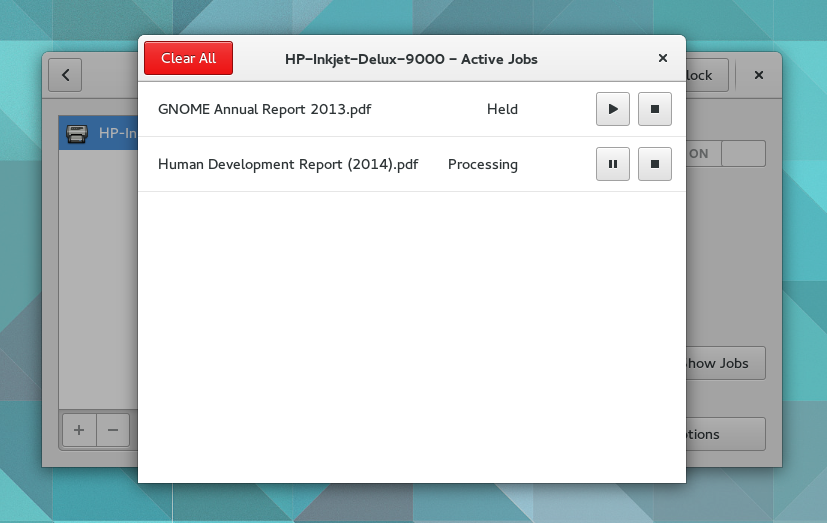As 2015 is approaching with new goals, promises, and changes, I am keeping my annual tradition of bragging about the past year in a blog post.
If I were to describe 2014 in a word, I would go with… challenging. I have finally graduated from my computer science bachelor’s degree. I am thankful for the amazing folks I met at the university and for all I have learned in the past 5 years. This past year has been tough: taking the last courses and writing my final thesis while working at the same time.
I have not had the free time I wanted to contribute to GNOME, to read, or to practice sports. But all in all, It was a great year. I had again the awesome opportunity of attending GUADEC, this year in the lovely Strasbourg, France. I also spoke about GNOME at some local conferences.
I had my first real job opportunity at Parafernalia, working as a contractor within the Endless Mobile apps team writing GNOME-based applications for a great operating system. I have leaved Parafernalia in the end months of 2014. Now I am looking for new challenges, without having to worry about being reallocated and having to drop off university because of it.
In my past year New Year’s Resolutions blog post I have set up that I’d like to read 50 books, find a first job, and graduate. I did not achieve the easiest one. In the past year I have read 32 of 50 books, failing my Goodreads 2014 reading challenge. I guess I will aim lower in 2015!








